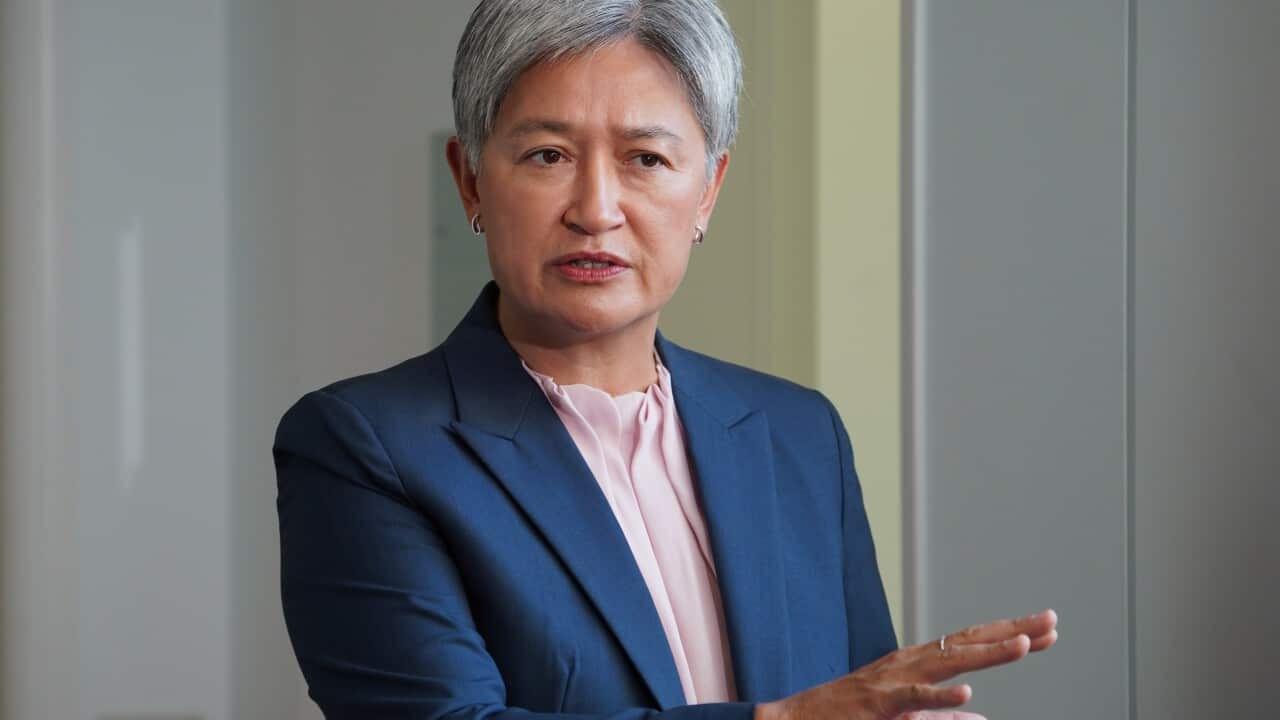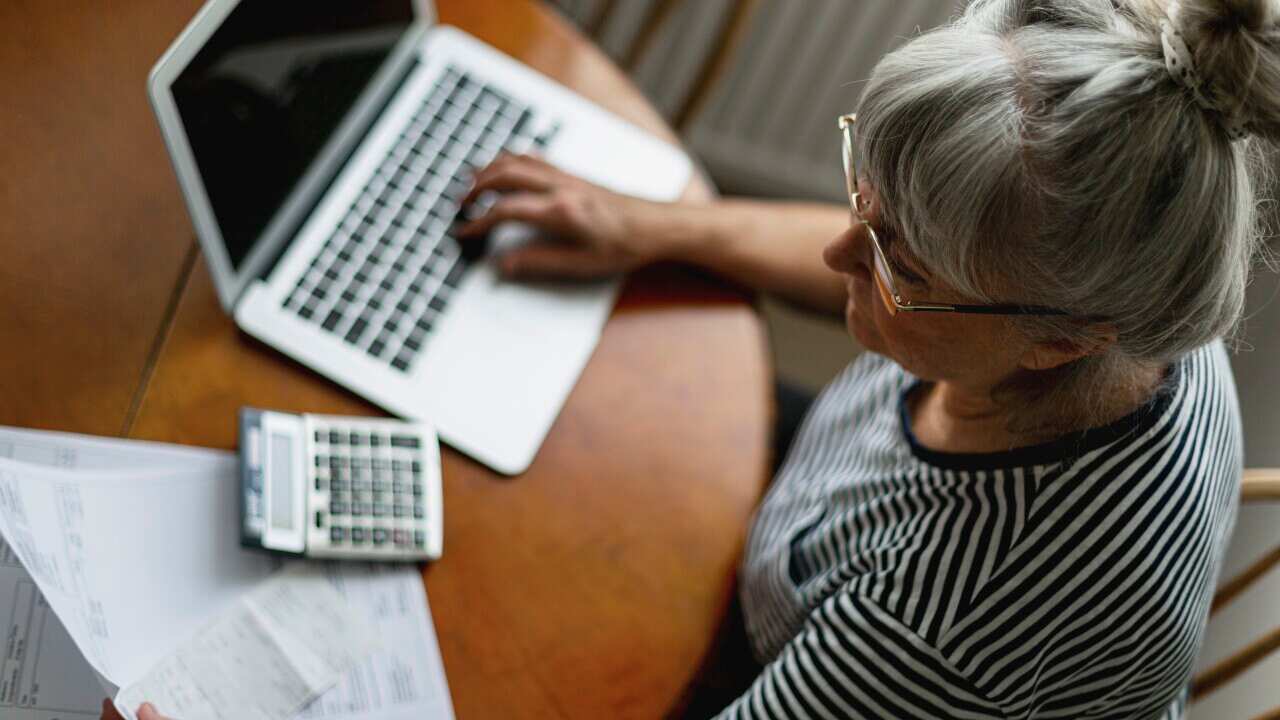TRANSCRIPT
(Sounds of waves washing away sand at the beach)
Located off Far North Queensland, Badu Island is one of the larger, more populated islands of the Torres Strait.
About 20 kilometres in diameter, the island is dotted with granite hills and is home to many stunning beaches, which can be explored with the permission of native title holders living on Badu.
The traditional owners were awarded freehold title for 9,000 hectares of land in 2014.
Now the island is emerging as a tourist destination, with a simple beach shack capturing people's attention.
Nancy Nona is the owner of Alup Healing accommodation, which introduces visitors to the beauty of the island.
She says the experience is magical.
So they sit around the fire and just like an ocean sound - just connect and share their thoughts. Some of them they cry, but yeah. And I know why they cry because sometimes I do that too. Just, yeah, you just got to be here to feel it."
The beach shack was listed as one of the top fifty places in the world to visit by Forbes magazine in 2023.
Nancy says when she first heard about it, she was in shock.
"Oh, I thought it was a scam that email, but then I seen that it cc some people; and I was like, no, this is real. So yeah, I had another read. I cried. I cried and rang my son and he was like: what's wrong mum? What's wrong? I said: here; and I read it. And we just both like, oh, screamed. And yeah, it's been long, good journey."
The bounty of the sea freshly harvested, ancient recipes making up the menu; and back-to-basics bedrooms are all part of this unique tourism sensation.
Nancy says does put a lot of effort into balancing the stewardship of the land with the goal of helping to generate an economy for the island.
"Because Alup is on ancestral grounds. It's a culture site surrounded by culture sites. And when I do our clienteles, I always respect the ground that we walk on. I keep it exclusive. I share one booking per month - just to respect my people too. Pretty simple, unique. And with the food, it's always just island dishes like damper, island scones, pip shell, fish, crayfish. So I just keep that nice island cuisine. Yeah, simple. We do have a rich, unique culture and tradition; and just to keep it safe as well too and protected. But if you do it right way. I've set an example and anyone can follow through that journey."
With few jobs on the island, there's hope ventures like this could turn things around for the island's economy and its 700 or 800 inhabitants.
Traditional Owner Gerald Bowie says it is an opportunity that needs to be carefully managed.
"And I think there's a lot to offer. There's a lot of opportunity; and there's a big potential to have tourism here. And it's got to be controlled also. Yeah, for preserve, I mean, preserve our culture, teach, preserve our lands and water. There's jobs around and they don't have to go away. They can stay at home because there's jobs."
Michael Healy worked in the tourism sector for 40 years before entering politics and taking on his current role as Queensland Tourism Minister.
He says he believes tourism can play a very important role in building economic self-sufficiency for First Nations communities.
"We know around the world there are more people wanting to come to Australia, and we know 86 per cent of our international tourists have earmarked indigenous experiences as one of their products. So this is a vitally important part of our potential tourism industry (in Australia). There is huge potential here in the Torres Strait. But what I also know is that tourism provides the foundation stones for strengthening culture, but more importantly, it also provides the foundation stones for wealth creation - to ensure a better quality of life, and most importantly, a better future for their kids."
Nancy says business is booming - the accommodation spots are fully booked out, a year in advance.
And she couldn't be prouder of what she has achieved.
"I know that back then, we used to be up here. And I think putting my island back on the map, we are back up there now. And it's a good feeling for family to come and say: proud of you, thank you. And yeah, just like, yeah, what can I say hey. Badu. World map."













